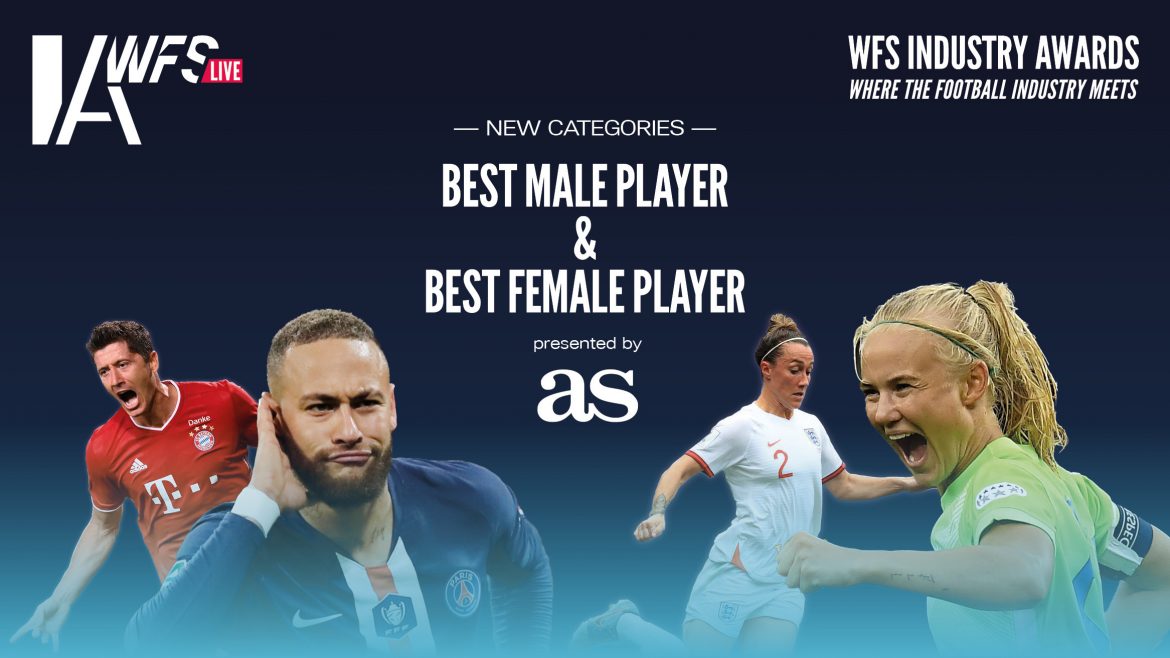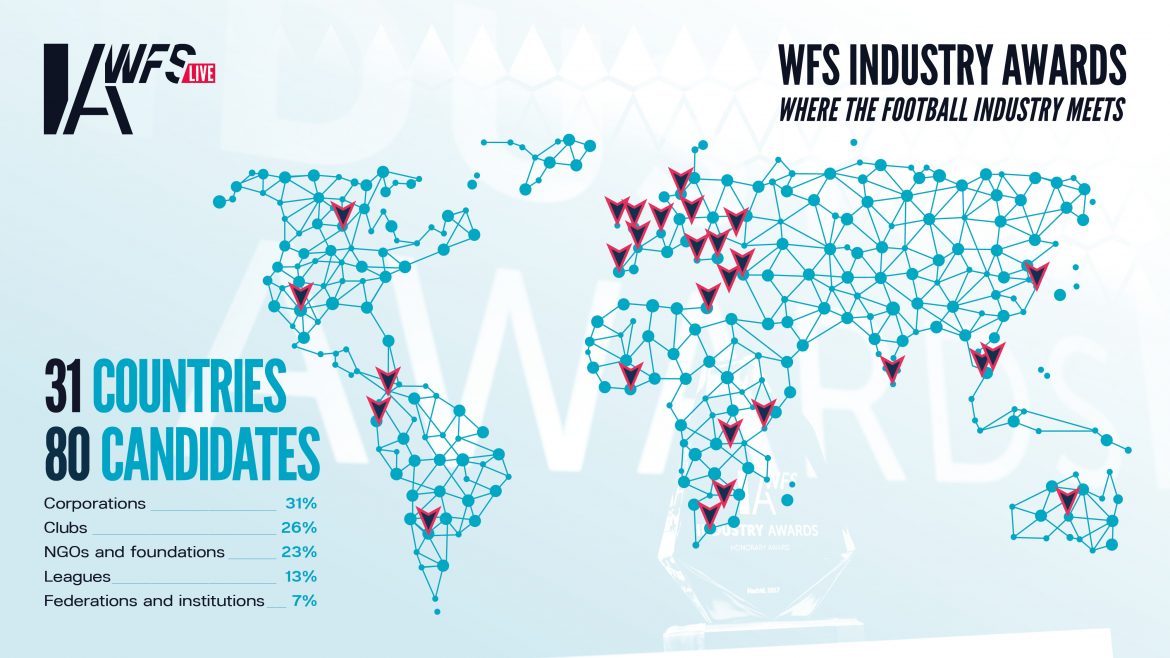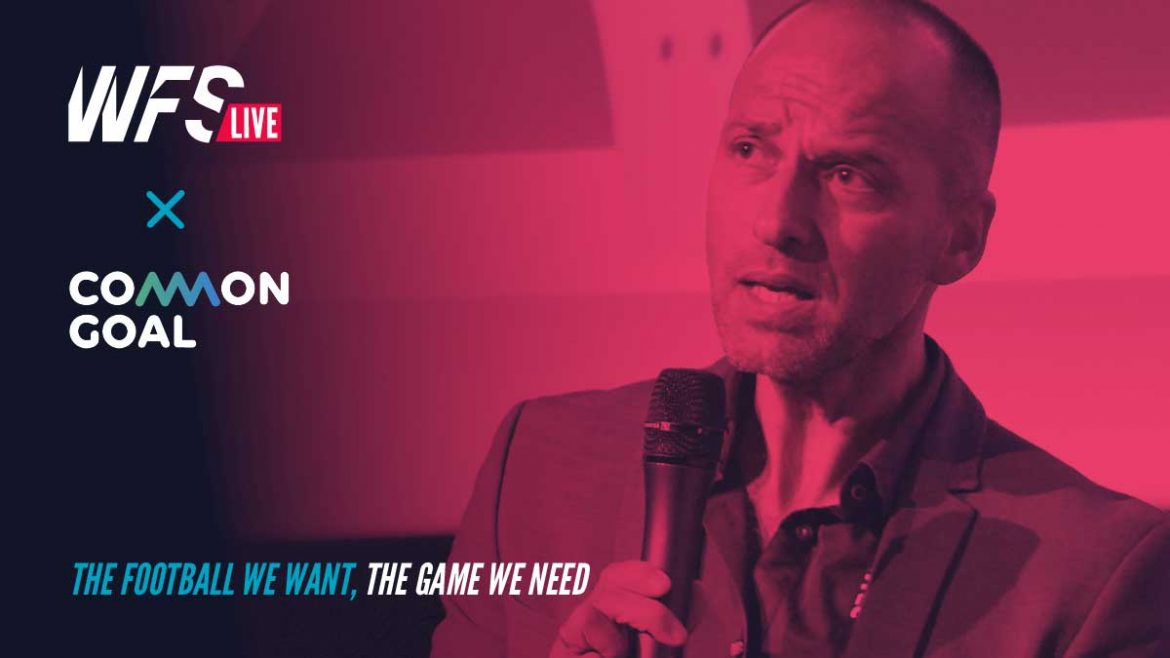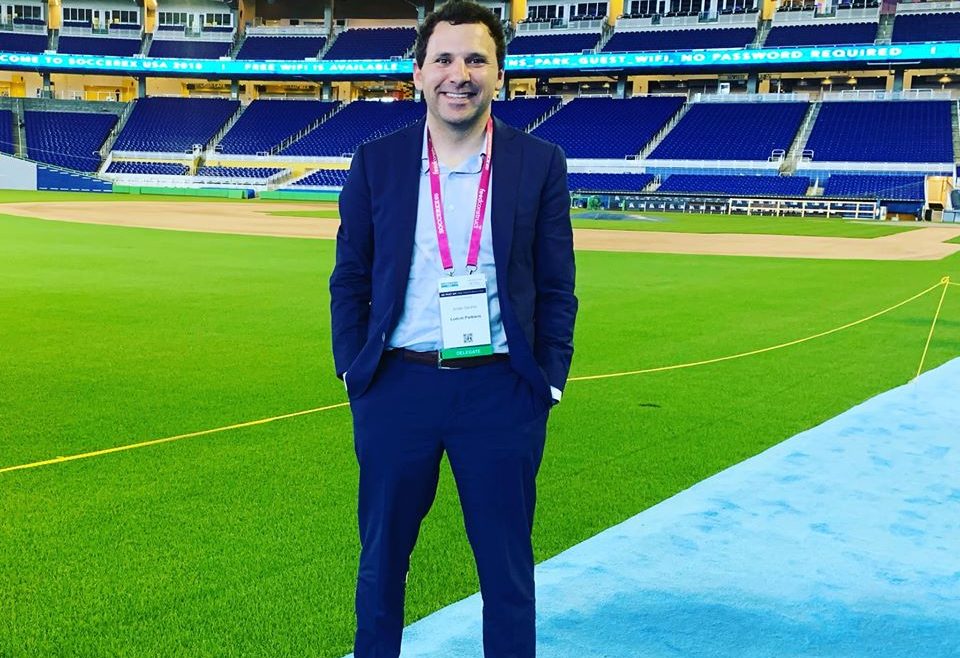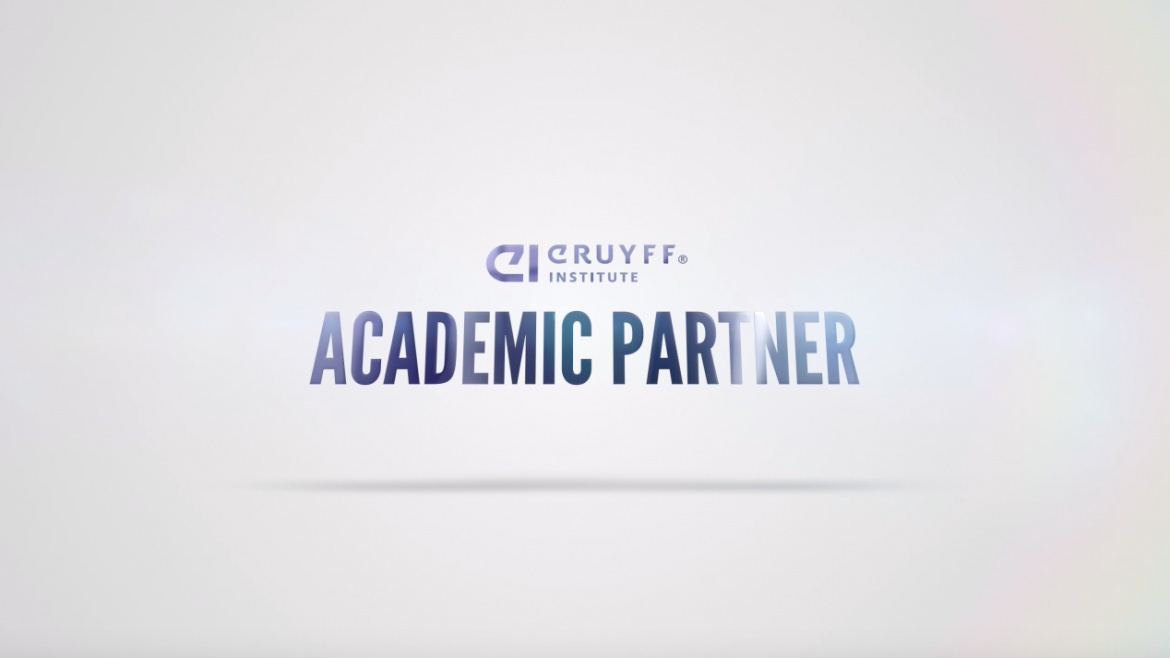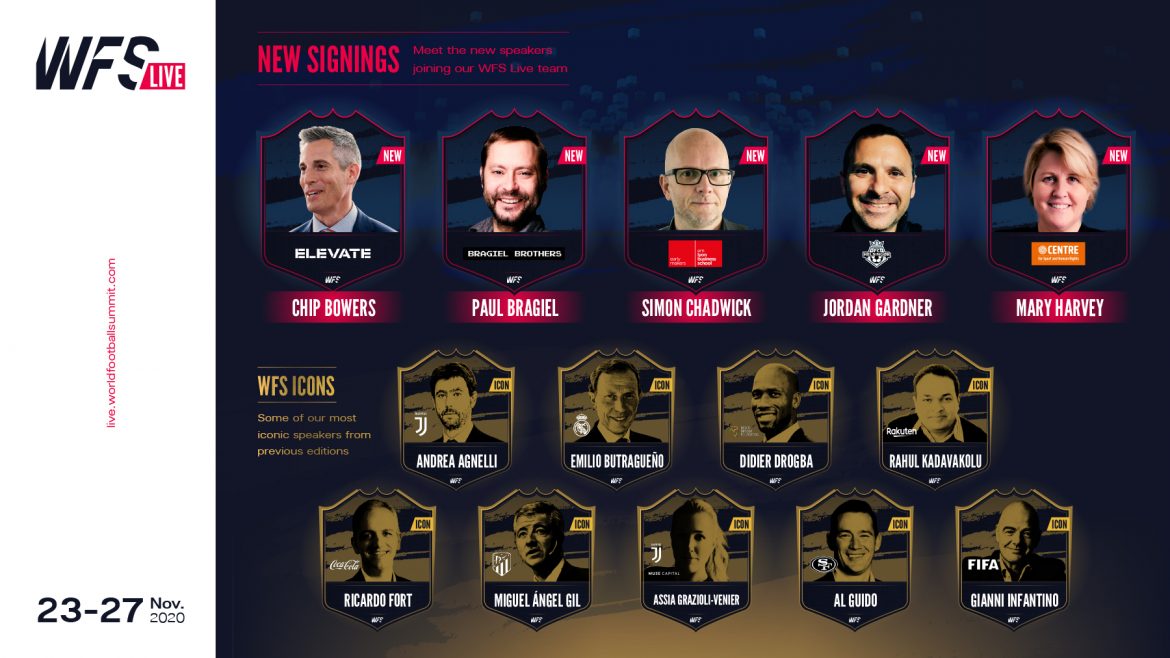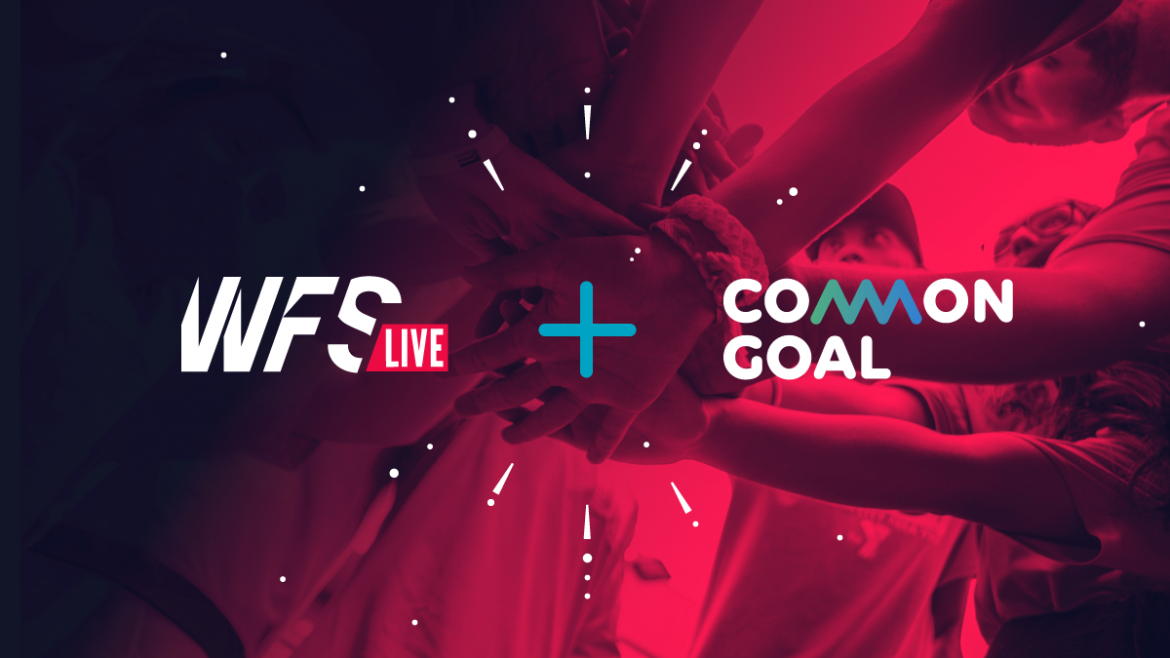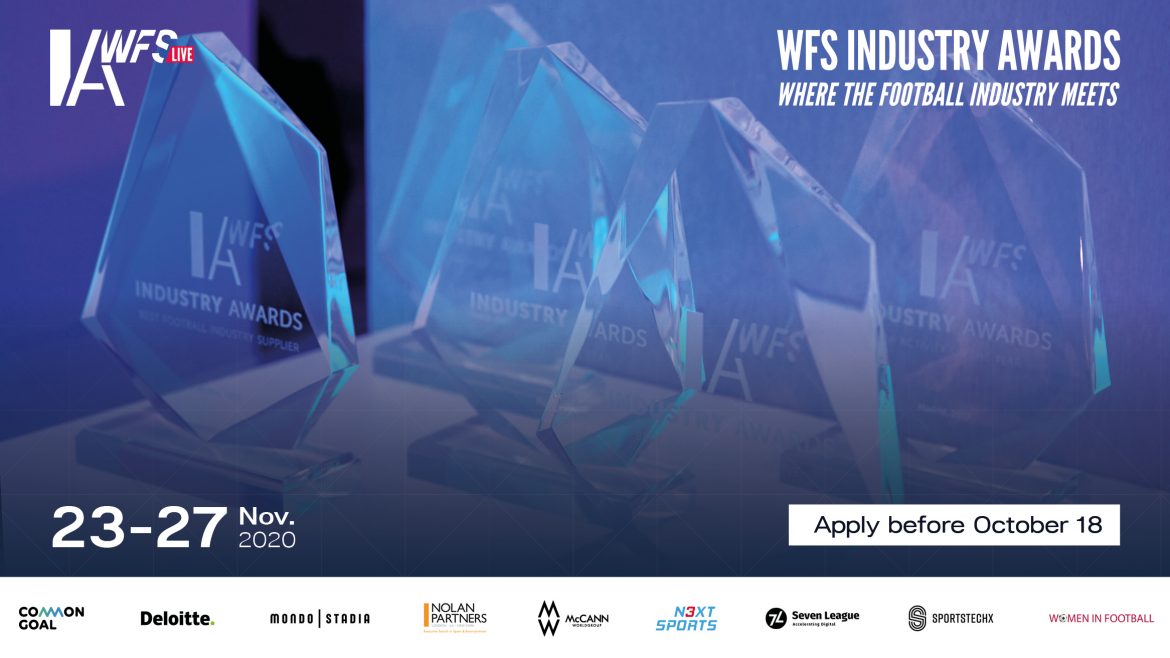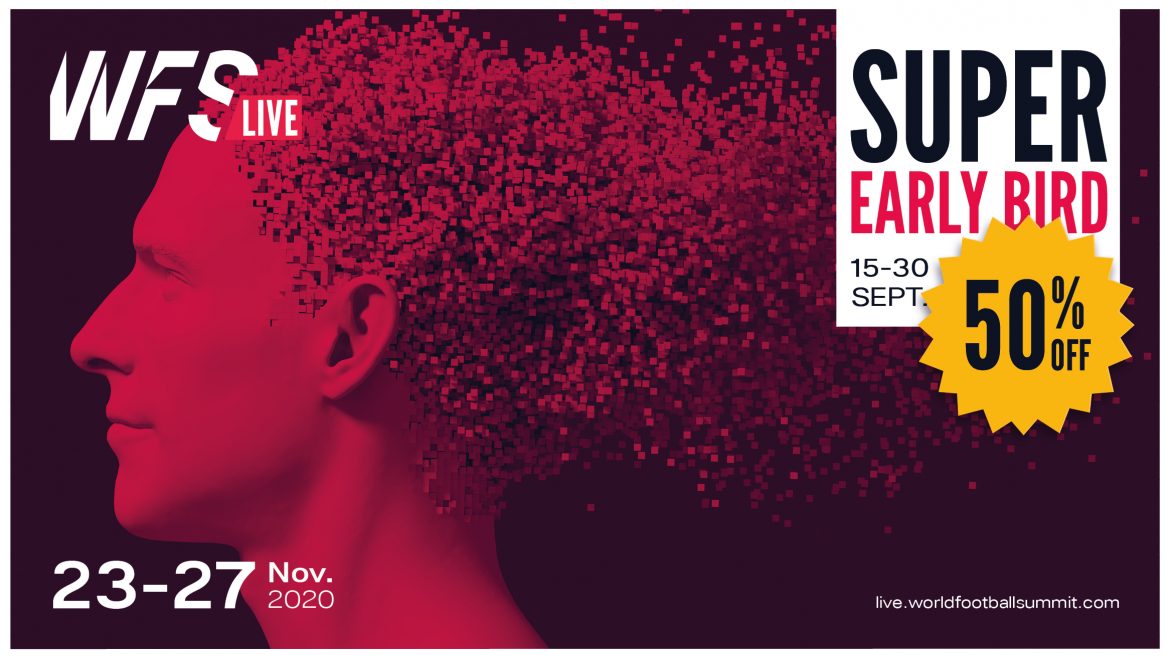To recognise the efforts of professional footballers across one of the most difficult years in the history of the game, World Football Summit and AS have teamed up to bring male and female Best Player awards to the 2020 WFS Industry Awards.
Following the initial halt to the global game by coronavirus, footballers the world over have been integral to the sport’s safe return that has brought entertainment back into people’s lives during an unprecedented past few months.
As a result, WFS and AS wish to reward and acknowledge some of those players that have brought smiles back on our faces with their incredible performances both on and off the pitch.
“The year 2020 has been a very hard one. We are experiencing an unprecedented global crisis and in this context it is clear that football is taking a back seat. But at the same time, the absence of football has allowed us to see to what extent this sport makes us happy and provides us with an escape route,” said World Football Summit director, Jan Alessie.
“That is why we believe that this is a good moment to add to our WFS Industry Awards a category that rewards the work of the players, who are together with the fans the great protagonists of this game and this business.”
Supporters from across the globe will have their say once our initial list of 30 candidates – 15 for the men’s award, and 15 for the women’s equivalent – is announced on Tuesday, 27 October.

Best Male and Female Player awards have now been added to the 2020 #WFSIA.
From there, fans will be able to vote for their favourite via the AS website, with votes weighted by 25% of fan nominations and 75% of our jury – made up of football journalists from leading Spanish media outlets AS, El País and Cadena Ser.
As announced by AS, the jury members are:
– Vicente Jiménez (AS director)
– Alfredo Relaño (AS honorary president)
– Santiago Segurola (AS columnist)
– María Jesús Luengo (AS editor-in-chief)
– José Sámano (El País sports editor-in-chief)
– Aritz Gabilondo (AS journalist)
– Alejandro Gómez (AS Mexico director)
– Axel Torres (AS columnist)
– Carmen Colino (AS verticles editor-in-chief)
– Dani Garrido (Cadena SER director)
– Mayca Jiménez (AS journalis)
– Manu Carreño (Cadena SER director)
– Sarah Castro (AS Colombia director )
– Aimara Garteizgoxeascoa Gil (AS journalist)
– Mario Brisso (AS Chile director)
Three finalists for each Best Player category will then be unveiled on 11 November, and the winners revealed five days later on 16 November.
“The return of football has been a stimulus for many people and this has been possible thanks, among other things, to the efforts of the players who have adapted to very difficult conditions to continue to feed the passion of the fans,” added Alessie.
“And to reward the best players we could not have a better partner than a reference for information and content such as Prisa News, which has the most prestigious experts and sports analysts in the country.”
This year’s #WFSIA will already consider 80 candidates from 31 different countries all over the world and will once again celebrate a football industry that is facing one of the trickiest periods in its history, including the newly-added Best Player gong.
